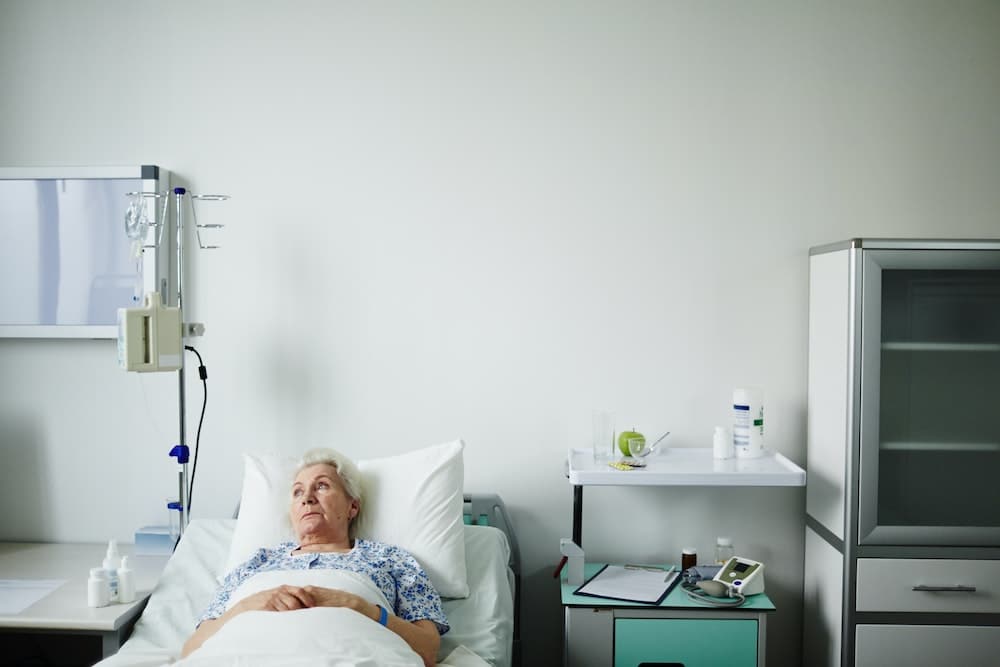What’s the Best Recovery Strategy for Goalkeepers After a Penalty Shootout?

As a team, you’ve battled throughout the game, showing exceptional skill, teamwork, and determination. Now the match hangs in the balance, teetering on the brink of a crucial penalty shootout. As the goalkeeper, you’re the last line of defense, and the responsibility is immense. Your body is primed, adrenaline surging, your mind focused solely on the ball. One moment you’re soaring high to parry away a shot, the next diving low to smother another. After such an intense experience, recovery is vital. So, how exactly should goalkeepers recover post-penalty shootout? Through this detailed article, you’ll learn effective training techniques, essential recovery strategies, and how to prepare your body and mind for the next game.
Training Aimed at Recovery
Training doesn’t stop after the match has ended. In fact, that’s when some of the most crucial training begins. This kind of training will help goalkeepers recover their strength and composure after a penalty shootout.
In parallel : How Can Sports Psychologists Assist Athletes with Career Transition?
As a goalkeeper, you’re subjected to bursts of explosive force during a penalty shootout. To counterbalance this, the training should be gentle, focusing on restorative activities. You might consider a light jog, slow stretching, or yoga. These exercises can assist in the recovery process by easing muscle tension and promoting circulation.
Additionally, goalkeepers should also practice mental recovery exercises. Being the last line of defense during a penalty shootout can be mentally draining. Practicing mindfulness, meditation, or other relaxation techniques can significantly aid in mental recovery.
Also read : What Role Does Aerodynamic Testing Play in Competitive Sailing?
Body Rehabilitation and Nutrition
The goalkeeper’s body takes a battering during a penalty shootout. The intense physical strain on the body necessitates proper rehabilitation and nutrition to help aid recovery and prepare for future matches.
To begin with, getting a good night’s sleep is paramount. Sleep is a time for the body to heal and regenerate, and getting a minimum of 7-9 hours can make a significant difference. Hydrating adequately is also crucial for the body to function correctly and recover after intense physical exertion.
Nutrition plays a vital role in recovery. A balanced diet filled with lean proteins, complex carbohydrates, and healthy fats will give your body the fuel it needs to recover. Make sure you’re eating plenty of fruits and vegetables for their antioxidant benefits, which aid in reducing inflammation caused by intense physical activity.
The Role of the Team and Coaching Staff
The team and coaching staff have a massive role to play in the goalkeeper’s recovery process. Their support, guidance, and expertise can provide invaluable resources for improving recovery times and getting the goalkeeper match-ready again.
The coaching staff can provide tailored training programs, focusing on the goalkeeper’s individual needs for recovery. They can monitor progress, offer feedback, and adjust the training program as necessary.
Besides physical training, coaching staff can also provide psychological support. Goalkeepers often bear the brunt of a lost penalty shootout, and dealing with that pressure requires mental strength. A sports psychologist or a coach skilled in mental training techniques can help goalkeepers navigate this part of the recovery process.
Preparing for the Next Game
Finally, the end goal of the recovery process is to prepare for the next game. After a penalty shootout, you need to be physically and mentally ready to protect that goal with everything you’ve got.
Preparation involves continuing with your regular goalkeeper training, focusing on areas of improvement. You must review the penalty shootout, learning from any mistakes and identifying areas where you can improve.
Mental preparation is also essential. You can visualize successful saves, build mental resilience, and prepare for the pressure of the next game. Remember, it’s just as important to train your mind as it is your body.
Through the right recovery strategies, you can bounce back from a penalty shootout stronger and more prepared. Remember, the key to recovery lies in a balanced mix of physical rest, rehabilitative training, good nutrition, team support, and mental resilience.
Utilizing Scholarly Resources for Recovery Strategies
Using scholarly resources such as Google Scholar, Crossref Google, and PubMed Crossref can provide goalkeepers and their coaches with the latest research-backed techniques for recovery. These resources often contain studies and articles that provide insight into effective recovery strategies, strength training, decision making during penalty kicks, physical performance during match play, and the psychological aspects of being an elite soccer player.
These resources can also provide valuable insights into the unique challenge faced by goalkeepers during a penalty shootout. From studies on reaction time to discussions on mental resilience, these sources can offer a wealth of information. Goalkeepers and coaches can then apply these findings to their post-match recovery strategies and subsequent training.
For instance, studies may highlight the benefits of specific strength training exercises in boosting physical performance after a match. A paper might discuss the psychological tactics used by professional soccer players to maintain composure during critical moments of a game. These findings can then inform a goalkeeper’s recovery and training approach, optimizing their readiness for future matches.
In addition to utilizing these resources, goalkeepers can also use find articles tool to locate relevant scholarly articles. This tool can help goalkeepers identify the most recent and relevant studies, ensuring they are up-to-date with the latest findings and techniques in sports science.
The Importance of Goalkeepers’ Decision Making During Penalty Kicks
The process of decision making during penalty kicks is another critical aspect to consider when discussing the recovery strategy for goalkeepers after a penalty shootout. The pressure and intensity associated with penalty kicks can have a significant impact on a goalkeeper’s mental state, directly influencing their performance.
Through the open separate window of analysis, goalkeepers can review their decision-making process during the penalty shootouts. This analysis can help them understand their thought patterns, reactions, and decisions during high-pressure moments. It can also highlight areas where they might need to improve or change their approach.
For instance, a goalkeeper may realize they tend to favor diving to one side during a penalty kick, a habit that opposing teams could exploit. Identifying this pattern gives the goalkeeper an area to focus on in their training, helping them improve their performance in future matches.
Furthermore, incorporating decision-making exercises into the recovery process can also be beneficial. These exercises can range from reviewing match footage to participating in simulation activities. They can help goalkeepers develop their decision-making skills, enhance their reaction time, and ultimately, improve their performance during penalty shootouts.
Conclusion
To sum up, the recovery strategy for goalkeepers after a penalty shootout involves a balanced mix of physical rest, rehabilitative training, good nutrition, team support, and mental resilience. It’s not just about physical recuperation but also about mental recovery and preparing for the next game.
Scholarly resources like Google Scholar, Crossref Google, and PubMed Crossref can provide valuable insights into the most efficient recovery techniques. Decision-making exercises can help goalkeepers improve their performance during penalty kicks, enhancing both their physical performance and mental resilience.
Remember, the road to recovery and preparation for the next game is a process, not an event. With the right strategies, you’ll be able to bounce back stronger and more prepared, ready to face the next penalty shootout with confidence and strength.
